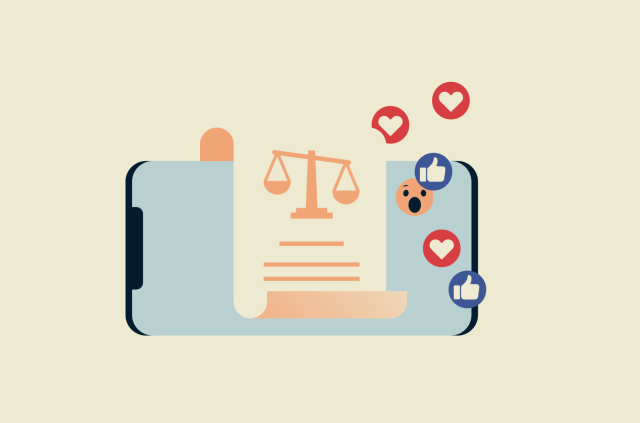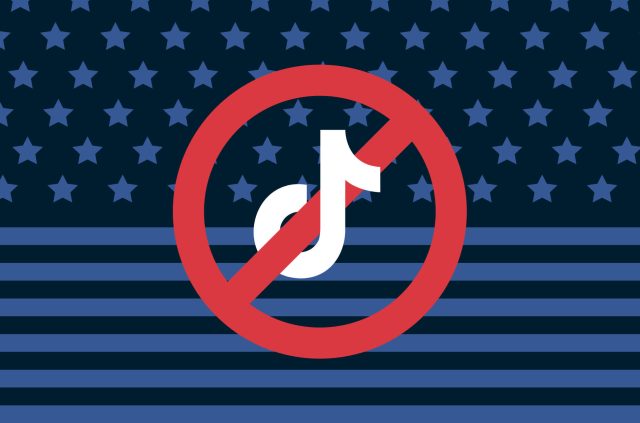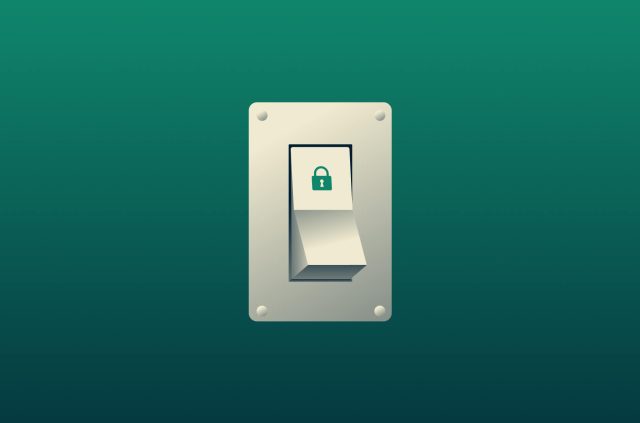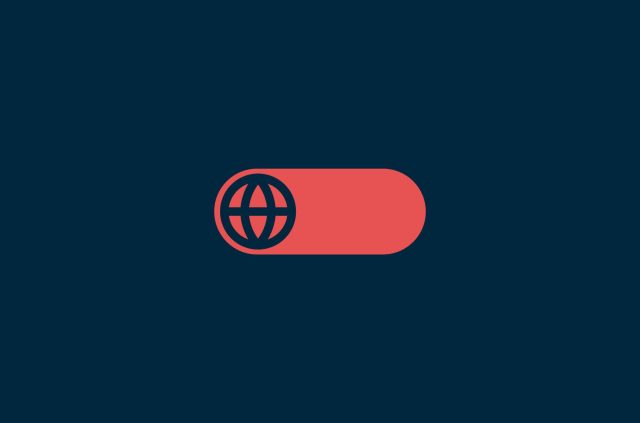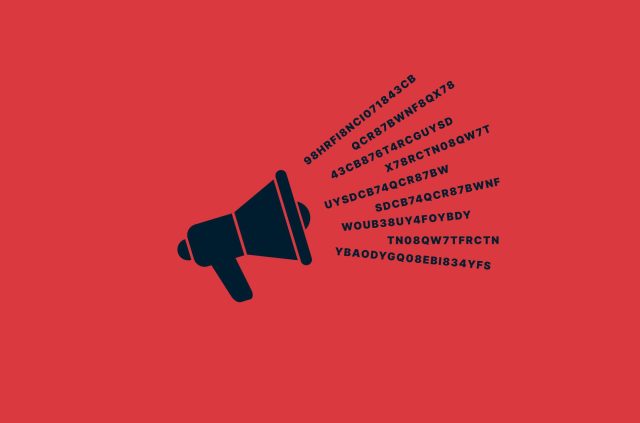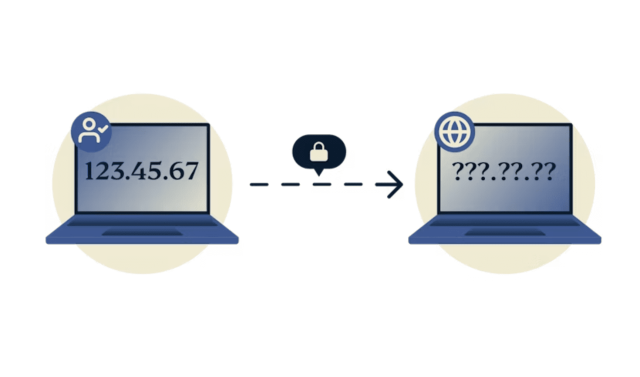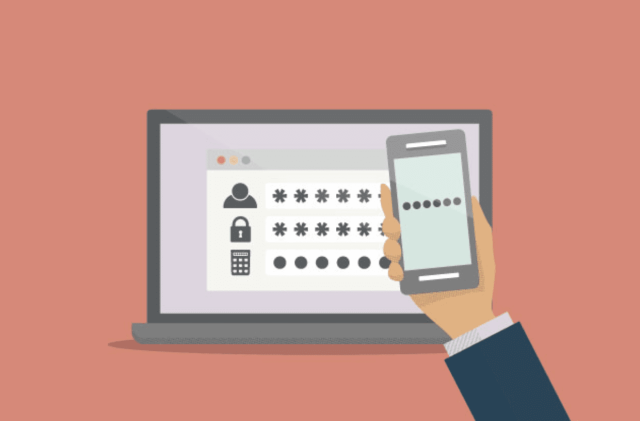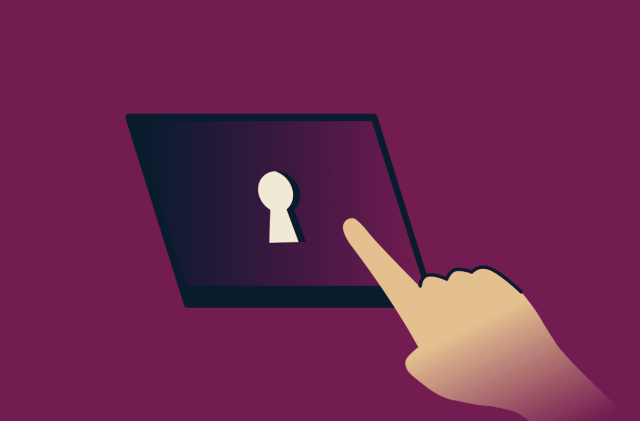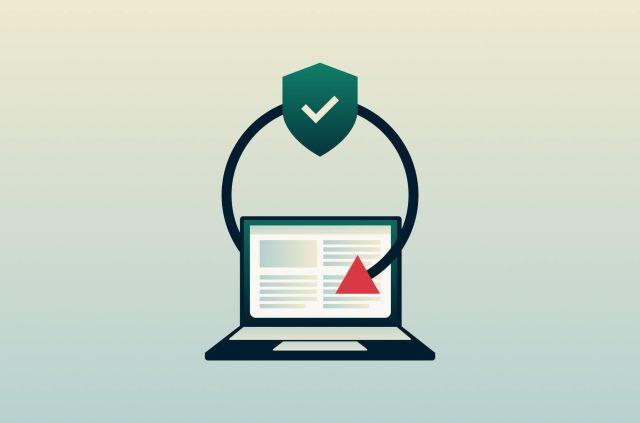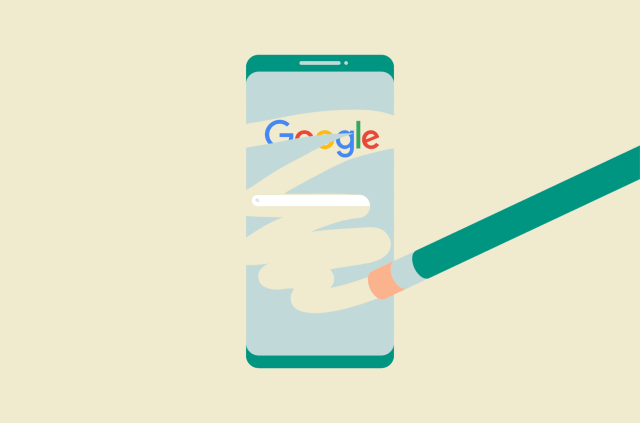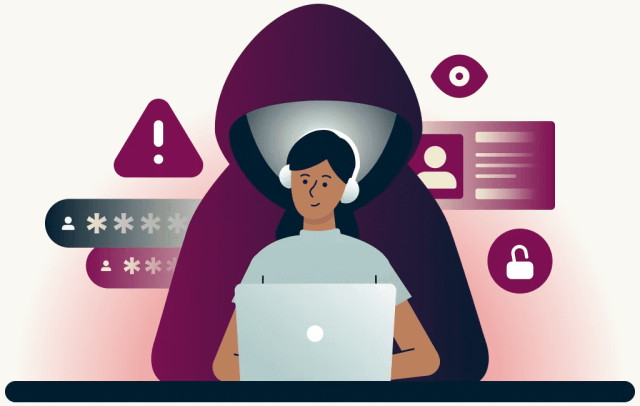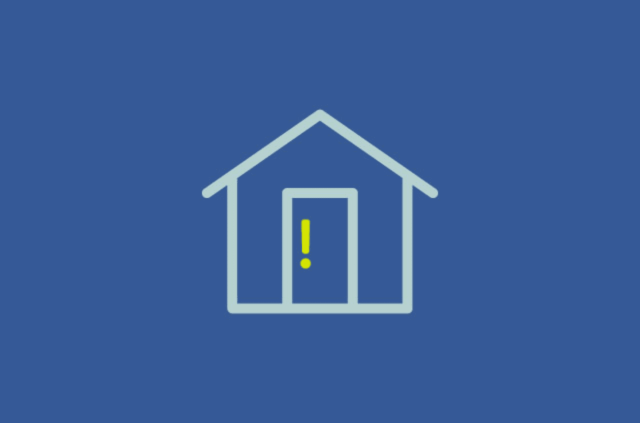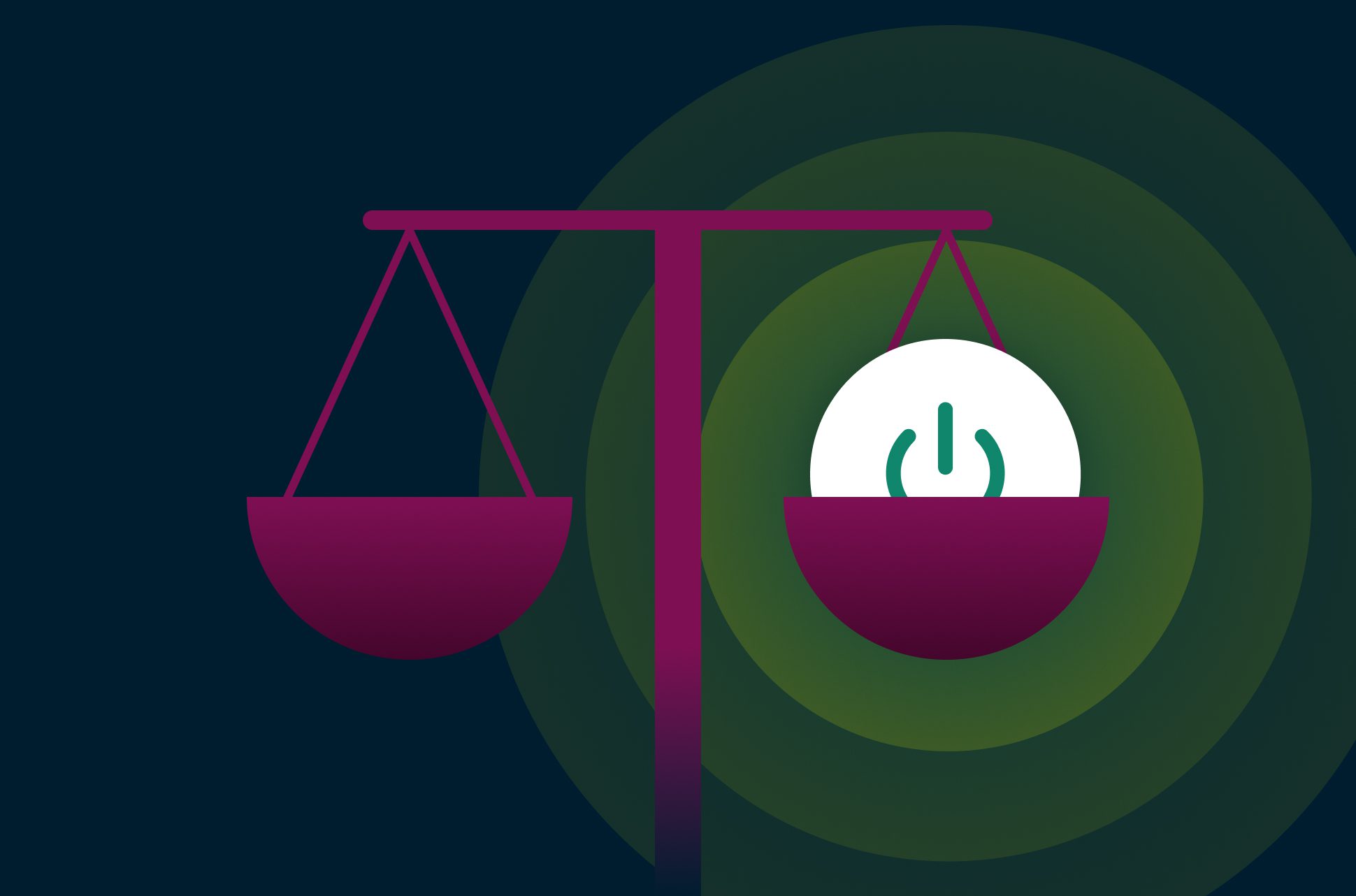
VPNs are digital freedom tools that protect your online privacy and help you securely access the global internet. They mask your IP address, encrypt your internet traffic, and prevent your ISP from spying on you.
While VPNs are legal almost everywhere, a handful of countries have restrictive VPN laws. You could land yourself in trouble if you use a VPN in a country that restricts them. It’s always a good idea to check the VPN laws where you are before you use a VPN.
To help you, we’ve compiled a list of countries that ban or restrict VPN use. We also discuss how restrictions work, explore the main reasons VPNs are banned, and offer tips for connecting to a VPN securely.
ExpressVPN is one of the most secure VPNs worldwide. It packs advanced features to help you stay private and secure online—whether you’re at home or traveling abroad. ExpressVPN uses powerful encryption to prevent your ISP from seeing what you do online. Our no-logs policy means we never store information about your activity—let alone share it.
Are VPNs legal?
Yes, VPNs are legal in most countries. Many governments recognize them as essential for online privacy and security, as VPNs help hide your location, online activity, and identity. Most also acknowledge that protecting your personal information is key to preventing identity theft and online fraud.
However, a handful of countries impose restrictions or outright bans. In some places, VPN providers must register with authorities, while others block access to VPN services altogether. These measures are usually tied to internet censorship laws, government surveillance, or regulatory concerns.
It’s worth noting that no country allows VPNs for illegal activities. If something is illegal without a VPN, it’s still illegal with one. This includes hacking, fraud, accessing banned content, and illegally trading on the dark web.
Countries where VPNs are legal
VPNs are legal in the U.S., Canada, the UK, and much of Europe, Asia, Africa, and Latin America, as well as many other parts of the world. Many people use them daily for privacy, security, and unrestricted access to information. Businesses, journalists, and remote workers also rely on VPNs to protect sensitive data and secure online communications.
Because VPNs are widely accepted, the focus is usually on the few countries that impose restrictions. Some governments regulate or ban VPN use as part of broader internet control measures. Let’s break down where VPNs face limitations and why.
Countries with restrictions on VPN use
Some countries impose restrictions on VPN use, either by limiting access, requiring government approval, or enforcing strict regulations. Countries like China, Russia, Turkey, and the UAE allow VPN use under specific conditions but monitor and control access to them. In some cases, only government-approved VPNs are permitted, often requiring providers to log user data or comply with censorship laws.
Authorities in these regions may block VPN websites, restrict certain servers, or work with ISPs to detect and interfere with VPN connections.
Countries where VPNs are illegal
In a handful of countries, VPNs are completely banned, meaning both individuals and businesses are prohibited from using them. Belarus, Iraq, Turkmenistan, and North Korea have strict policies against VPNs, often as part of broader efforts to control internet access. Attempting to use a VPN in these regions is against the law and may result in fines, internet restrictions, or other legal consequences.
The level of enforcement varies—some governments actively monitor VPN traffic, while others primarily block VPN services at the ISP level. Since laws and enforcement policies can change, it’s always best to check the latest regulations before using a VPN in a restricted region.
Why do some countries restrict or ban VPNs?
Some governments don’t like VPNs because they make it harder for them to enforce internet regulations. VPNs allow people to bypass censorship, stay private, and access content freely, which can conflict with government policies. Let’s take a closer look at why some countries have VPN blocks.
Government concerns over VPN use
The exact reason for VPN restrictions might vary from country to country, but they often fit under the same umbrella. If it’s not internet censorship and surveillance, it’s probably for economic reasons.
Censorship: Controlling the flow of information
Some governments fear that free access to information can spark protests or opposition movements. For this reason, some governments decide to control what websites, news, and social media people can access.
They might block content they see as a threat to national security including international news or content criticizing their actions. VPNs make it harder for governments to control what information spreads online.
Surveillance: Monitoring online activity
Since VPNs block surveillance by encrypting internet traffic, authorities may ban them in places where the government closely watches what people do online. Banning VPNs makes it easier for them to track searches, conversations, and browsing habits.
Certain governments argue that VPNs aid criminals by hiding their activity. This makes it harder for them to track cybercrime, fraud, or hacking.
Economic concerns
Some countries restrict VPNs to enforce local laws or taxes. For example, if a government adds a tax on social media use, people might use a VPN to avoid paying it. In other cases, VPNs can interfere with government-controlled pricing by letting users access cheaper services meant for other regions.
The role of internet censorship
Some governments control the internet to limit what people can see, share, and talk about online. They block certain websites, news sources, and social media platforms to shape public opinion and maintain power. While this is usually to promote national security or stop misinformation, it inadvertently limits free speech and personal freedom.
Censorship doesn’t always mean a complete ban. Some governments block foreign media and encrypted messaging apps, while others slow down websites, filter search results, or pressure companies to remove content. Internet restrictions often increase during sensitive periods. This can include protests, elections, or political events to control public discussion and prevent opposition.
Many people use VPNs to circumvent censorship and access blocked websites, social media, and news. Because of this, some governments ban VPNs, too. However, completely blocking VPN access can be challenging, and enforcement varies between countries.
How VPN restrictions work
Enforcement of VPN restrictions varies by country. Some governments block VPN services, while others fine or punish people who use them. In some places, only certain VPNs are banned—especially those that refuse to share user data with the government. Other jurisdictions allow VPNs but under strict rules and monitoring.
How governments enforce VPN bans
Some governments don’t want people using VPNs, so they block or slow them down. They do this by spotting VPN traffic, using internet providers to enforce rules, or blocking access to VPN services. Here’s how they do it:
-
Deep packet inspection (DPI)
Some countries scan internet traffic to detect VPN use. This is called deep packet inspection, and it works like a security scanner, checking data as it moves through the network. If it detects VPN traffic, it can block or slow down the connection. To get around this, some VPNs use obfuscation, which makes VPN traffic look like normal web browsing.
-
ISP blocking and throttling
In certain regions, internet providers are required to block or slow down VPN connections. When they detect a VPN, they may throttle the speed or block the connection completely. Some VPNs offer special servers that disguise VPN traffic, making it harder for ISPs to detect and block them.
-
Domain and IP address blocking
Governments can block VPNs by preventing access to their websites and servers. This means people can’t download VPN apps, and VPN connections won’t work. Some VPN providers adapt to these restrictions by expanding their server networks and updating their infrastructure.
Legal penalties for using VPNs illegally
In some countries, using a VPN can lead to fines, restrictions, or even imprisonment. The punishment depends on the country’s laws and how strictly they enforce them.
- Some governments fine people for using a VPN to access blocked websites. The amount can range from a small penalty to thousands of dollars.
- In stricter places, VPN use can lead to serious legal consequences, especially if used to access banned content.
- Businesses and VPN providers may face even harsher penalties, including being forced to shut down or hand over user data.
Most governments don’t go after every VPN user, but some enforce strict penalties, including hefty fines or even imprisonment. In some cases, authorities make an example of individuals or businesses to discourage VPN use altogether.
How to use a VPN securely and responsibly
While VPNs provide privacy and security, using them responsibly is just as important. In countries where VPNs are restricted or banned, it’s important to be aware of local laws before connecting. Even in places where VPNs are legal, users should ensure they choose a trustworthy provider that prioritizes security and data protection. Here’s how to use a VPN safely while staying compliant with regulations.
1. Using reliable VPN providers
Not all VPNs are trustworthy. Some provide strong encryption and privacy, while others log your data, slow down your connection, or even sell your information. To stay safe, choose a VPN provider that:
- Has a strict no-logs policy: This means they don’t keep records of what you do online.
- Uses strong encryption (AES-256): This is the same encryption standard used by banks and government agencies to protect sensitive data.
- Provides a large network of fast, stable servers: More servers mean better speeds and fewer connection drops.
- Offers extra online security features: Look for a kill switch, DNS leak protection, and multi-device support.
- Has a good reputation: Read reviews and check if the VPN has been independently audited.
Be cautious of free VPNs. Many track your browsing habits, show excessive ads, or have weak security. If privacy is your goal, it’s usually worth paying for a high-quality VPN.
Read more: Should you use a free VPN?
2. Ensuring compliance with local laws
A VPN is best for securing your internet connection, protecting privacy, and maintaining access to information. However, it’s important to use it within your country's legal framework.
If you’re in a region with VPN regulations, it’s your responsibility to understand the rules before using one. A VPN should not be relied on to circumvent government restrictions where doing so is illegal. Instead, it should be used as intended—to enhance online security, privacy, and freedom within legal boundaries.
Best practices for safe VPN usage
If you’re in a country with VPN regulations, taking extra precautions can help you stay secure while using one. Here are a few best practices to keep your connection secure while staying compliant:
- Understand your local regulations: Laws around VPN use vary, so it’s important to stay informed about any restrictions in your region.
- Check your VPN provider’s policies: A trustworthy VPN should have a strong no-logs policy and clear commitments to user privacy.
- Enable the VPN’s kill switch: If your VPN connection drops unexpectedly, a kill switch cuts your internet to prevent data leaks.
- Update your VPN app regularly: Updates patch security vulnerabilities and improves performance.
- Choose the right VPN protocol: ExpressVPN’s Lightway, OpenVPN, and WireGuard offer a good balance of speed and security, while older protocols like PPTP are outdated and risky.
- Be mindful of data privacy: A VPN helps protect your information, but it doesn’t replace good security habits, such as using strong passwords and avoiding suspicious links.
How to choose a safe and legal VPN
Picking the right VPN isn’t just about speed or price—it’s about security, privacy, and staying on the right side of the law. With so many options out there, how do you know which VPN is safe and legal to use? Here’s what to look for.
Features to look for in a VPN
A good VPN should do more than just change your IP address. It should protect your data, keep your online activity private, and offer reliable performance. When choosing a VPN, prioritize these key features:
No-logs policy
A no-logs policy means the VPN provider doesn’t store records of your browsing history, connection times, or IP addresses. This is crucial for privacy—if there are no logs, there’s nothing to hand over to authorities, advertisers, or hackers.
Some VPNs claim to have a no-logs policy but still collect data. Look for providers that have been independently audited to confirm their claims. Trusted VPNs like ExpressVPN have undergone third-party audits to prove they don’t keep logs.
Global server network
The more servers a VPN has worldwide, the better your experience will be. A large, well-distributed server network offers several benefits:
- Faster speeds. Less congestion means better performance.
- More location options. You can connect to different countries for better access to content.
- Stronger reliability. More servers reduce the risk of slow or overloaded connections.
Look for VPNs with servers in multiple countries, especially in locations that respect user privacy. Avoid services with very few servers or those based in high-surveillance countries.
Read more: Rejecting data demands, ExpressVPN removes VPN servers in India
Advanced features: Kill switches, obfuscation, and split tunneling
A basic VPN might encrypt your connection, but the best ones go further with advanced features:
- Kill switch. If your VPN connection drops unexpectedly, a kill switch cuts off internet access to prevent unencrypted data leaks.
- Obfuscation. In some regions, internet restrictions can interfere with VPN connections. Servers that obfuscation capabilities help VPN traffic blend in with regular internet traffic, reducing the chances of disruptions.
- Split tunneling. This lets you choose which apps use the VPN and which don’t. For example, you can route gaming and streaming apps through your regular internet while securing sensitive data with the VPN.
Why ExpressVPN stands out
ExpressVPN is a top choice for privacy, speed, and reliability. Here’s why it stands out.
- Strict no-logs policy. ExpressVPN doesn’t track or store user data as proven by independent audits from PwC and Cure53. Your browsing history and IP address stay private.
- Blazing-fast speeds. Its Lightway protocol ensures fast, smooth streaming, gaming, and downloads without buffering or lag.
- Large global server network. With VPN servers in 105 countries, ExpressVPN offers stable connections, access to global content, and privacy-friendly locations.
- Advanced security features. ExpressVPN secures your data with a kill switch, obfuscation for bypassing restrictions, and powerful encryption for top-tier protection.
- Easy-to-use apps. Simple, one-click apps for Windows, Mac, iOS, Android, Linux, and even routers make it beginner-friendly.
Stay safe and legal with a VPN
The internet should be a place of freedom, security, and privacy—but in many parts of the world, that’s not always the case. Governments impose restrictions, ISPs track browsing habits, and cyber threats lurk around every corner. A VPN helps restore your right to online privacy, but using one wisely is key.
While VPNs are legal in most countries, some governments restrict them to control information, enforce censorship, or monitor activity. That’s why it’s important to stay informed about local regulations before connecting. A VPN should be a tool for privacy and security, not a loophole for illegal activities.
At the end of the day, a VPN is about owning your online experience. ExpressVPN is the best all-in-one solution for protecting your right to a free internet, privacy, and security.
FAQ: About the legality of VPNs
Are VPNs legal in the U.S.?
Are VPNs legal in the UK?
Are VPNs legal in Turkey?
What are the VPN laws in the UAE?
Is it legal to stream Netflix or Hulu using a VPN?
While a VPN helps secure your connection and protect your privacy, it does not guarantee access to region-specific streaming libraries. Users should be aware of platform policies and understand that while VPN use itself is legal, accessing geo-restricted content may violate streaming service terms.
Is it legal to use a VPN for online gambling?
Is it legal to use Binance with a VPN?
Can I get in trouble for using a VPN?
In the small number of countries where using a VPN is banned or restricted, you could get in trouble for the use of a VPN—but it is rare to hear about such punishments. Do plenty of research about a country’s laws and the commonly accepted behaviors surrounding VPNs before your visit.
Are VPNs safe to use?
However, free VPN providers may track user information and activity, and since they have to make money somehow, they might sell this data to third-party advertisers or even be forced to give it to the authorities when requested.
Can the police track a VPN?
Some VPN providers (usually free ones) could keep a record of your online activity and hand it over to the police if legally compelled to do so. This is why it’s important to use a high-quality VPN that has a strong no-logs policy, meaning they do not keep a record of your online activity.
What are the legal penalties for using a VPN in restricted countries?
Can I get caught torrenting with a VPN?
It’s worth noting that in many cases in which someone “gets caught” doing something, it is because they revealed personal details in a chat or another platform, not through technical means.
Are VPNs legal for crypto transactions?
However, some countries restrict cryptocurrency use, exchanges, or trading platforms. If a country bans crypto transactions or limits access to exchanges, using a VPN to bypass these restrictions could violate local laws. Additionally, some crypto exchanges have terms of service that prohibit VPN use.
Before using a VPN for crypto transactions, it’s important to check both the legal status of cryptocurrency in your region and the policies of your chosen exchange.
Take the first step to protect yourself online. Try ExpressVPN risk-free.
Get ExpressVPN

